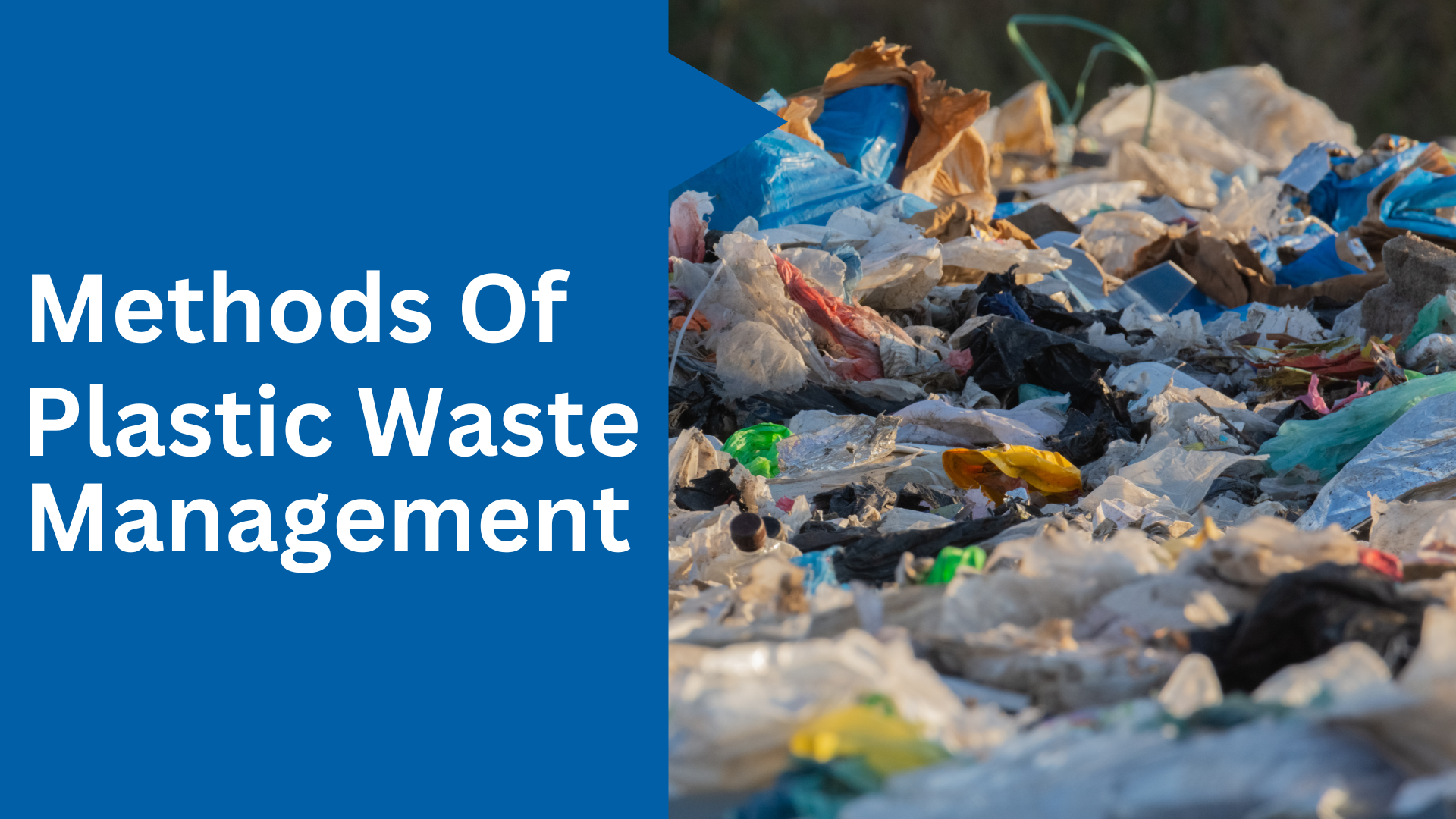Introduction
Ever wondered what happens to all the plastic waste we generate daily? It’s a question that has begun to bother many of us as we grapple with an ever-growing mound of plastic waste.
The Importance of Managing Plastic Waste
Why is managing plastic waste important, you might ask? The answer is simple, yet significant – for our environment, our economy, and our future.
The Plastic Problem
Plastic has become a ubiquitous part of our lives, but with it comes a huge problem.
The Environmental Impact
Plastic waste, when not managed correctly, finds its way into our oceans, endangering marine life, and into our landscapes, causing soil and air pollution. Imagine a world where every piece of plastic ever created still exists in some form. Scary, right?
The Economic Impact
Not only does mismanaged plastic waste harm the environment, but it also has economic implications. It costs governments billions to clean up and manage plastic pollution. Not to mention the lost economic value in single-use plastics!
Understanding Plastic Waste Management
Before delving into the methods, let’s first understand what plastic waste management is.
Definition and Process
Plastic waste management is the collection, transportation, processing, recycling or disposal of plastic materials. Sounds simple, doesn’t it? But it’s a complex, multifaceted process.
Goals of Plastic Waste Management
The primary goal is to minimize the negative impact of plastic waste on the environment and the economy. It’s about giving plastic waste a new life and keeping our planet clean and healthy.
Methods of Plastic Waste Management
So, how do we manage plastic waste? Here are some common methods.
Recycling
You’ve probably heard about this one. Recycling involves converting waste into reusable material. But not all plastics can be recycled.
Types of Plastics for Recycling
Plastics are categorized into seven types, but only Type 1 (PET) and Type 2 (HDPE) are commonly recyclable.
Recycling Process
Recycling involves the collection, sorting, washing, shredding, melting, and then remolding into new products.
Energy Recovery
Energy recovery is the process of converting non-recyclable waste materials into usable heat, electricity, or fuel through various processes, including combustion, gasification, pyrolization, anaerobic digestion, and landfill gas recovery.
Landfills
This is the least desirable method where plastic waste is dumped in designated areas. While it does keep waste out of sight, it’s not an eco-friendly solution.
Plastic Waste to Fuel
In this process, plastic waste is converted into fuel like gasoline, kerosene, or diesel. This is an innovative method, but it requires careful execution to ensure it doesn’t cause further pollution.
Biodegradable Plastics
Biodegradable plastics are designed to decompose in the environment over time. These are exciting areas of development, but currently, they are not a widespread solution.
The Future of Plastic Waste Management
As we look ahead, there’s much to be optimistic about in the field of plastic waste management.
Innovation in Plastic Waste Management
From enzyme-based recycling to edible packaging, innovations are revolutionizing how we manage plastic waste. Who knows, in the future, we might even be able to eat our packaging after finishing our snacks!
Policies and Regulations
Governments worldwide are implementing policies to regulate plastic use and promote efficient waste management. This will play a crucial role in the future of plastic waste management.
Conclusion
There’s no denying that plastic waste is a monumental problem. But with the right methods of management and some cutting-edge innovations, we can pave the way for a cleaner, healthier planet. After all, there’s no planet B, is there?

